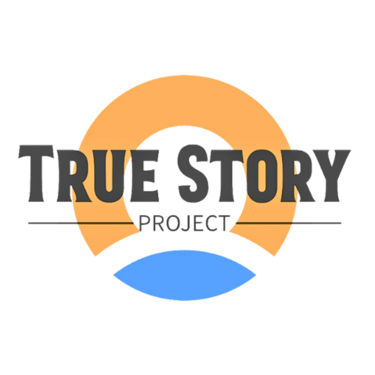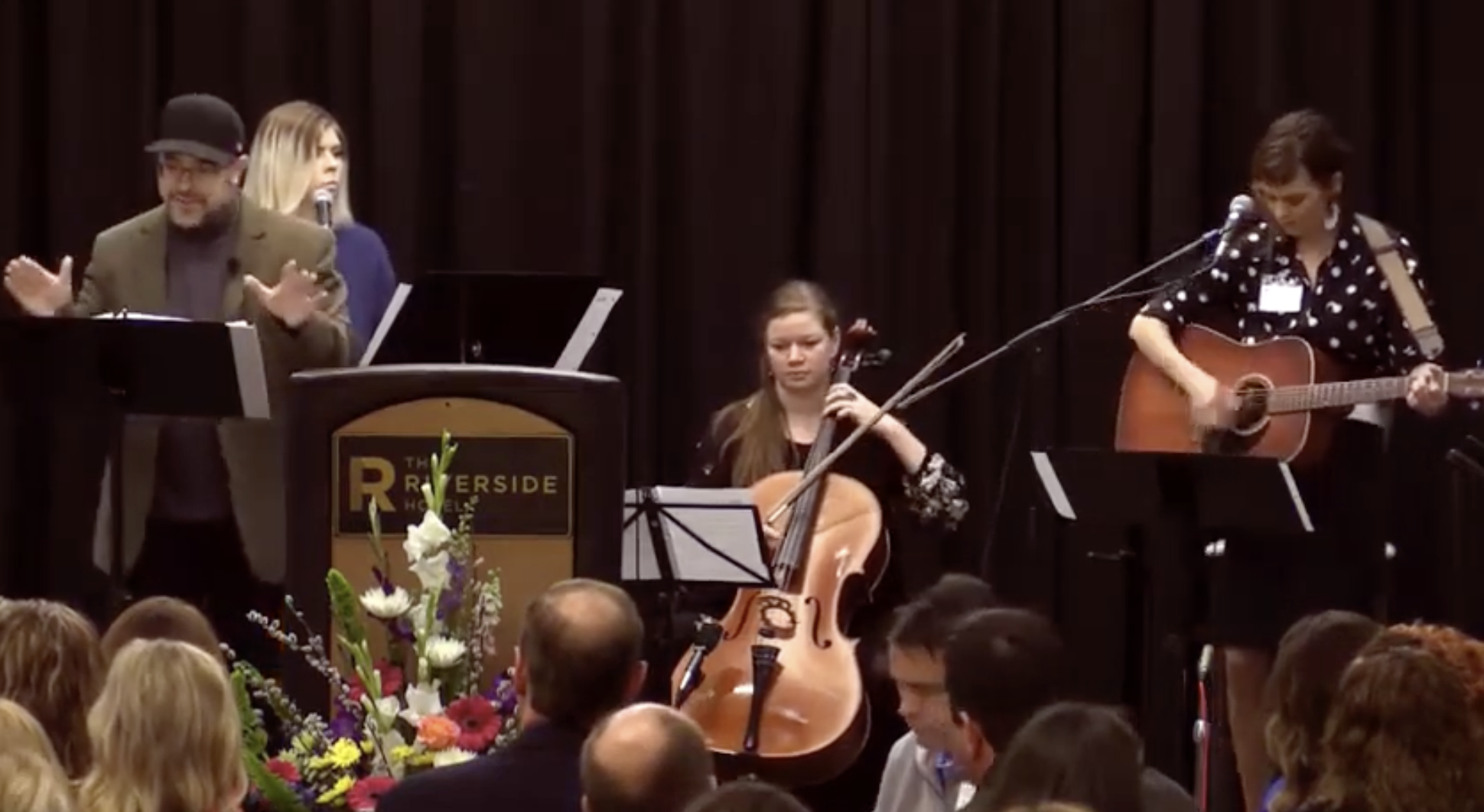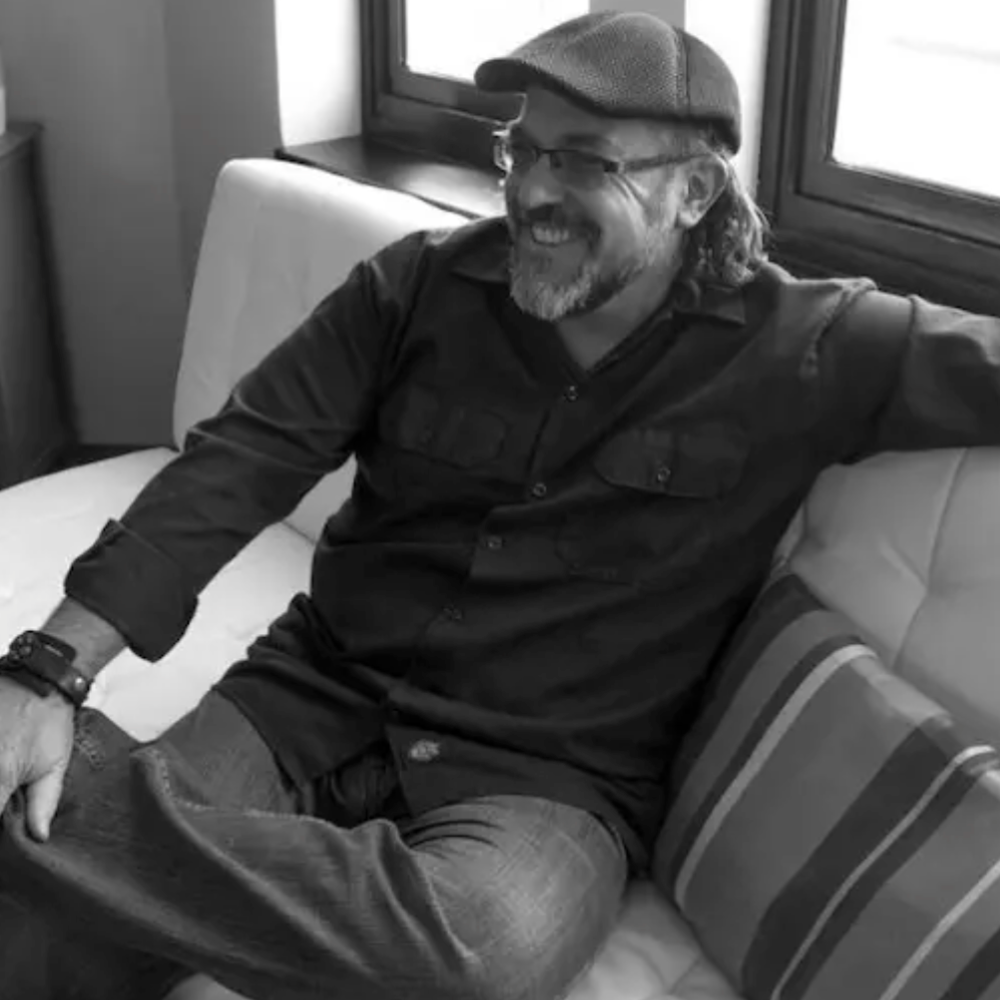

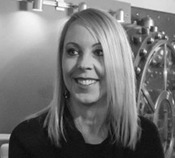

If you're looking for a writer who can bring creative ideas to the table, as well as add value to branding and business strategy, you don’t need to look any further than Eric. He's a positive influence to a company's culture and has some impressive editing skills, too.
— Tanya Vaughan | Business Owner
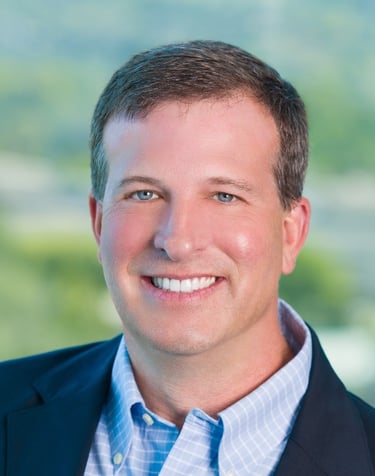

“I hired Eric once, precisely because of the collaborative muscles he flexed in his career. In a short time, I saw Eric had creative chops, too, and he quickly began writing and editing copy and designing documents for my creative production team. He has developed himself into precisely the rock star creative person with a savvy business sense you now seek. He'd be my first choice with which to start building a brand.”
— Matt Long | Albertsons Media Collective


Eric has served as my backend tech specialist and brand developer, and the impact he’s had on my business has been real and measurable. From streamlining our internal workflows to refining our public-facing brand, he’s helped bring structure, clarity, and consistency to areas we once struggled to organize. What I appreciate most is that he doesn’t just execute—he thinks with you.
— Nawa K. Coleman | Business Owner
